
PROFILE SUMMARY
Dr. Shakeel Iqbal is a seasoned acedemician with over 18 years of experience teaching both undergraduate and graduate students at various HEC recognized universities. His educational qualifications include a doctorate degree in Information Technology from Iqra University Pakistan, a MS degree in Computer Information Systems from Florida Institute of Technology, USA and a Master of Public Administration degree from Quaid-e-Azam University, Islamabad, Pakistan. Besides teaching he has an excellent track record of research and publications. His area of research include adoption of Information systems, mobile learning and e-governance. He has published several research articles in well reputed national and international journals. He has served as reviewer for many international journals including Higher Education Research and Development. International Review of Research on Online and Distance Education, International Journal of Educational Technology in Higher Education, Computers & Education and Kybernetes. Furthermore, Dr. Iqbal has played a pivotal role in mentoring numerous undergraduate and graduate research projects and theses. His guidance has shaped the academic journey of aspiring scholars, reflecting his commitment to fostering the next generation of researchers.
| QUALIFICATION | |||
| PhD | Information Technology | Iqra University, Pakistan | 2016 |
| MS | Computer Information System | Florida Institute of Technology, Florida, USA | 2001 |
| TEACHING EXPERIENCE | |||
| Assistant Professor | Capital University of Science and Technology, Islamabad, Pakistan | Since – 2024 | |
| Assistant Professor | Iqra university, Islamabad Campus | 2006 – 2022 | |
| RESEARCH AREAS / INTERESTS | |||
| 1. | Management Information Systems | ||
| 2. | Technology adoption | ||
| 3. | Mobile Learning | ||
| 4. | E-Governance | ||
| RESEARCH SUPERVISION | |||
| 1. | MS | ERP implementation in public sector organizations in Pakistan | |
| 2. | MS | University students’ perceptions towards mobile learning | |
| 3. | MS | Leverage Adjustment in Manufacturing Sector: Evidence from Pakistan | |
| 4. | MS | Impact of Political Instability on Investment in Pakistan | |
| 5. | MS | Impact of Credit Risk Management Practices on the Profitability: A Case of Askari Bank Limited | |
| 6. | MS | External Debts and their Impact on Economic Growth of Pakistan: Empirical Evidence Using Larger Sample Size | |
| 7. | MS | Commodity Market Prices and Its Impact on Exchange Rate of Pakistan | |
| 8. | MS | Impact of Corporate Governance on Firm’s Profitability in Pakistan | |
| 9. | MS | Impact of Budget, Inflation And Privatization on Economic Growth of Pakistan | |
| 10. | MS | Does Diversification Escalate Firm’s Financial Performance? | |
| SR. | JOURNAL PUBLICATIONS | YEAR |
|---|---|---|
| 1 | S. Iqbal and Z. A. Bhatti, “A qualitative exploration of teachers’ perspective on smartphones usage in higher education in developing countries,” International Journal of Educational Technology in Higher Education, vol. 17, no. 1, p. 29, 2020. | 2020 |
| 2 | M. N. Khan, M. Ahmad and S. Iqbal, “Perceived islamic symbols in video commercials an identification exercise from pakistan,” Epistemology, vol. 7, pp. 158–178, 06 2020. | 2020 |
| 3 | S. Iqbal, Z. A. Bhatti, and M. N. Khan, “Assessing e-service quality of B2C sites: a proposed framework,” International Journal of Information Technology, vol. 12, pp. 933–944, 2018. | 2018 |
| 4 | B. A. Shah, S. Iqbal and I. R. Malik, “FDI, external debt and their impact on economic growth of pakistan: empirical evidence using larger sample size,” Journal of Contemporary Management Sciences, vol. 4, no. 1, pp. 50–65, 2018. | 2018 |
| 5 | A. S. Khan, S. Iqbal and A. Zaman “Commodity market prices and its impact on exchange rate of pakistan,” Journal of Business & Tourism, vol. 3, no. 1, pp. 61–69, 2017. | 2017 |
| 6 | S. Iqbal, M. N. Khan, and I. R. Malik, “Mobile phone usage and students’ perception towards M-learning: A case of undergraduate students in Pakistan,” International Journal of E-Learning & Distance Education, vol. 32, pp. 1-16, no. 1, 2017. | 2017 |
| 7 | A. Hussain, U. Zafar, and S. Iqbal, “Impact of credit risk management practices on the profitability, A case of Askari Bank Limited,” Research Journal of Finance and Accounting, vol. 8, no. 13, pp. 41–48, 2017. | 2017 |
| 8 | S. Iqbal and Z. A. Bhatti, “What drives M-learning? An empirical investigation of university student perceptions in Pakistan,” Higher Education Research & Development, vol. 36, no. 4, pp. 730–746, 2017. | 2017 |
| 9 | M. M. Samim, S. Iqbal and B. Ahmad, “Leverage Adjustment in Manufacturing Firms: Evidence from Pakistan,” The Lahore Journal of Business, vol. 04, no. 2, pp. 1–21, 2016. | 2016 |
| 10 | S. Iqbal and Z. A. Bhatti, “An investigation of university student readiness towards M-learning using technology acceptance model,” International Review of Research in Open and Distributed Learning, vol. 16, no. 4, pp. 83–102, 2015. | 2015 |
| 11 | S. Iqbal, A. I. Hunjra, and K. U. Rehman, “Consumer intention to shop online: B2C e-commerce in developing countries,” Middle-East Journal of Scientific Research, vol. 12, no. 4, pp. 424–432, 2012. | 2012 |
| 12 | S. Iqbal and I. A. Qureshi, “E-Government - Trends and Challenges from the Perspective of Developing Nations with focus on Pakistan,” International Journal of Research in Computer Application and Management, vol. 1, no. 9, pp. 15–20, 2011. | 2011 |
| 13 | S. Iqbal and I. A. Qureshi, “Learning management systems (LMS): Inside matters,” Information Management and Business Review, vol. 3, no. 4, pp. 206–216, 2011. | 2011 |
Other Members

Mr. Suleman Khan

Engr. Abdullah

Nayab Tariq

Mr. Muhammad Waqas

Ms. Arooba Sadaqat

Zohaib Ahmed

Mr. Imran Javed

Ms. Hira Firdous

Ms. Asma Qandeel

Ms. Rimsha Jahangir

Mr. M. Wasim Haider

Ms. Zahida Younas

Mr. Furqan Ahmad

Ms. Aqsa Hussain Raja

Ms. Rokhma Un Nisa

Syed Farhan Ali

Ms. Jaweria Khalid

Mr. Hussain Sallar

Engr. Kiran Rashid

Ms. Faryal Hayat

Ms. Tehreem Ahmed

Ms. Qurat-ul-Ain Zeb

Mr. Manan Shahid

Ms. Anam Zahra

Ms. Zuha Raza

Ms. Asma Ali

Mr. Muhammad Zohaib Khan

Mr. Hamza Naveed

Mr. Muhammad Daniyal

Mr. Ibtisam Zia
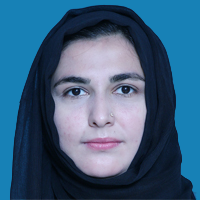
Ms. Sadaf Adalat

Dr. Anum Rashid

Dr. Nosher Wan Khan

Dr. Iftikhar Ali Janjua

Mr. Rafah Ahmed

Ms. Fatima Khurshid

Hamza Ishaq

Ms. Asia Shahab

Ms. Samra Naseer
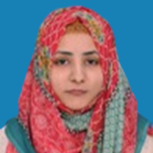
Ms. Mahin Malik

Mr. Muhammad Awais

Ms. Samar Fatima

Mr. Islam Ud Din

Mr. Imran Ul Haq

Mr. Temour Abbas
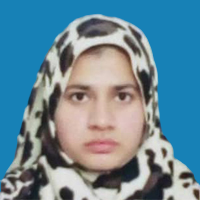
Ms. Iqra Javed

Mr. Qazi Shuja Ud Din

Ms. Asma Rauf

Ms. Amina Ashfaq
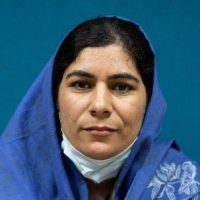
Ms. Uzma Shaheen

Ms. Syeda Hafsa Ali

Mr. Tabarak Matloob

Mr. Adnan Karamat

Ms. Ayesha Amjid

Ms. Sabahat Asad

Ms. Saba Nawaz

Ms. Hina Rashid

Ms. Khizra Bibi

Mr. Wasif Ali
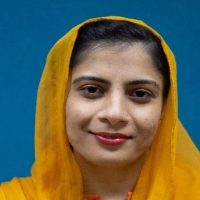
Ms. Anum Naseem

Mr. M. Danish

Mr. M. Majid Zaman

Mr. Taimoor Riaz

Ms. Itrat Fatima

Mr. Zaheer Ahmad

Ms. Qudsia Yousaf

Ms. Nadia Ashfaq

Mr. Mudassar Adeel

Mr. Syed Awais Haider

Mr. Ibrar Arshad

Ms. Sadia Rasheed

Dr. Farah Haneef

Dr. Saifullah

Dr. Sabeen Masood

Dr. M. Furqan

Dr. Aamer Nadeem

Mr. M. Ibrar Khan

Dr. Nadeem Anjum

Mr. S. Hassam Ali Sami

Mr. Abdul Haseeb

Ms. Mamoona Bilal

M. Junaid Tariq

Ms. Snober Naseer

Mr. Sajeel Ahmad

Fouzia Qureshi
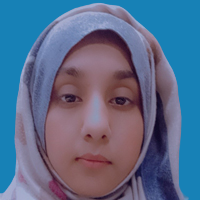
Ms. Rida Haya

Mr. Israr Ahmad Sani
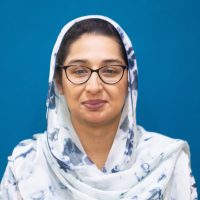
Hina Shoaib
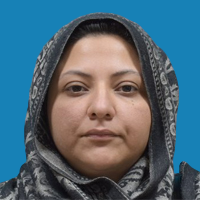
Ms. Yafra Khan

Fizza Asif

Ms. Rubina Shoukat

Mr. Shamas Gulfam

Mr. M. Zeeshan Sabir

Ms. Rabea Saleem

Ms. Rifhat Hashim

Mr. Salman Ahmed

Dr. Bilal Ahmad

Ms. Farwa Tahir

Ms. Farwa Zaid Ali

Mr. Fahim Shahzad

Dr. S. Saqib Raza Rizvi
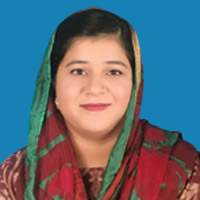
Ms. Fareeha Hasan

Dr. M. Siraj Rathore

Ms. Asima Bibi

Ms. Fiza Tahir

Ms. Sabiha Naureen

Ms. Hafsa Jabeen

Dr. Muhammad Riaz

Mr. Mateen Abbas

Ms. Komal Farooq

Dr. Amir Qayyum

Dr. Nayyer Masood

Mr. Ahsan Rafiq

Dr. M. Masroor Ahmed

Dr. M Abdul Qadir

Mr. Sadaqat Hussain

Mr. M. Farhan Ali Khan

Mr. Sohail Riaz
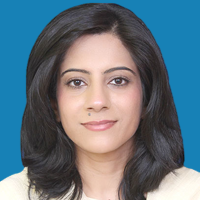
Ms. Nitasha Gohar

Mr. Muhammad Yasir
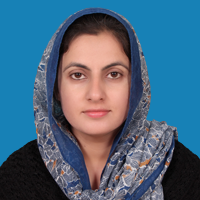
Ms. Iqra Hamid

Dr. Muhammad Saalim

Dr. Farman Ullah Khan

Dr. Siraj Khan

Dr. Reem

Dr. Mahira Zeeshan

Dr. Fazlullah Khan

Dr. Nadia Shamshad

Dr. Mahboob Alam

Dr. Muzaffar Abbas

Ms. Sania Tabassum

Ms. Taliha Ahmed

Ms. Ayesha Aftab
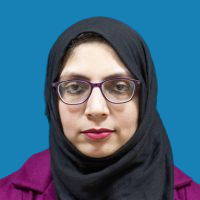
Ms. Shah Gull

Mr. Irfan Zafar

Dr. Sami Ullah Jan

Dr. M. Asad Anwar
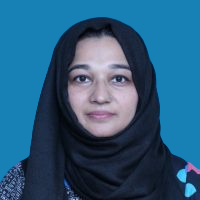
Dr. Sania Riaz

Dr. Rizwan Ur Rehman
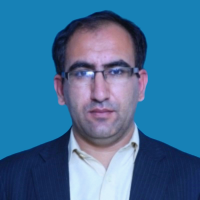
Dr. Sohail Ahmad Jan
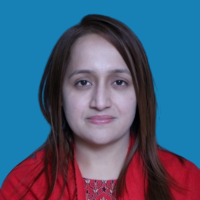
Dr. Arshia Amin Butt
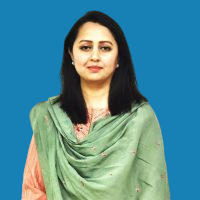
Dr. Erum Dilshad

Dr. Shaukat Iqbal
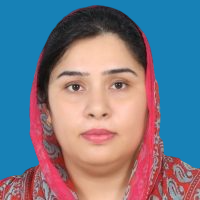
Dr. S. Marriam Bakhtiar
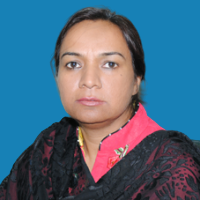
Dr. Sahar Fazal

Mr. Sikandar Seemab
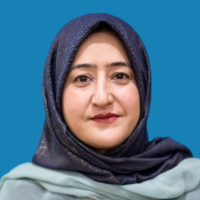
Ms. Farrah Iqbal

Mr. M. Aneeb Fazal

Ms. Faiza Arshad

Ms. Asma Naz

Mr. Maqsood Alam
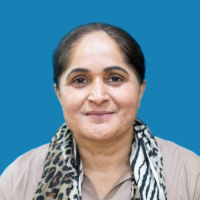
Ms. Naveeda Fazal Haq
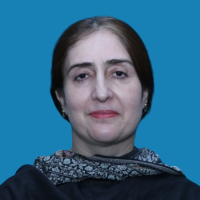
Ms. Uzma Arshad

Ms. Saeeda Ibrahim

Mr. Inam Elahi

Dr. M. Saqib Zaigham

Dr. M. Umar Farooq

Mr. Imad-ud-Din
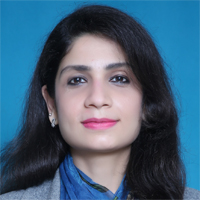
Ms. Javeria Khalid

Mr. M. Irfan Mustafa
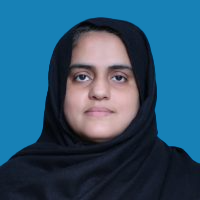
Ms. Sarah Nawaz

Mr. Faraz Ali Shah

Mr. Hafiz M. Adnan

Mr. M. Umar Toor
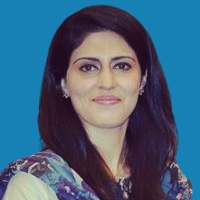
Ms. Rabia Habib

Dr. S. Arslan Haider

Dr. Arif ud din

Dr. Maria Mashkoor

Dr. M. Saboor Ahmed

Mr. Nasir Rasool

Dr. Ahsan M. Ahmed

Dr. Robina Yasmin

Dr. Imran Riaz Malik
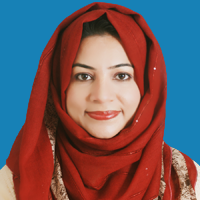
Dr. Shazia Faiz

Dr. M. Ishfaq Khan

Dr. Ansir Ali Rajput

Mr. Saqib Naveed

Dr. S. M. Mehdi Raza

Dr. Arshad Hassan

Engr. Sarmad Ali

Engr. M. Ahmed

Mr. M. Haroon

Mr. M. Zulfiqar

Mr. M. Rizwan Siddiqui

Mr. Manzar Masud

Mr. Tauseef Ahmed

Dr. Shummaila Rasheed

Dr. Ghulam Asghar

Mr. Khalid Mahmood

Mr. Syed Hassan Shah

Mr. Saif Ullah

Dr. Muhammad Irfan

Dr. M. Mahabat Khan

Mr. Muneeb Ahmed

Engr. M. Arslan Rafique

Mr. Yasir Hussain

Mr. Ahmed Ali
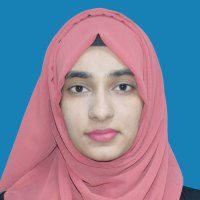
Ms. Samra Ghaffar

Mr. Abdullah Numani
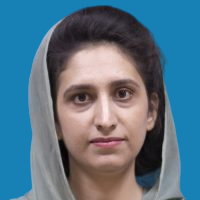
Ms. Tooba Masood

Engr. Amir Habib

Mr. Moin Qasim

M. Ehtisham Hassan

Mr. Umar Maqbool

Dr. Touseef Javed

Dr. Umer Farooq Ahmed

Dr. Waseem Abbass

Dr. Muhammad Riaz

Dr. M. Ashraf

Dr. Fazal-ur-Rahman

Dr. Noor M. Khan

Dr. Imtiaz Ahmad Taj

Dr. M. Mansoor Ahmed

Mr. Muhammad Yahya

Mr. Muhammad Faran

Mr. Minhas Shah

Mr. Talha Ahmed

Mr. Sohail Afzal

Mr. M. Waqas Malik

Mr. Shaheed Ullah

Mr. Talha Bin Tahir

Mr. Iqbal Ahmad

Ms. Faiza Khalid

Dr. Maria Ghufran

Dr. M. Usman Farooqi

Dr. Ishtiaq Hassan

Dr. Majid Ali
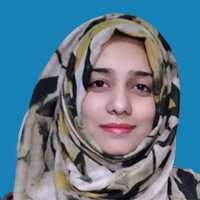
Ms. Rida Rafaqat

Mr. Waqar Younas

Mr. Azhar Rauf Khan

Mr. M. Nauman

Mr. Muhammad Iqbal

Mr. Naveed Ahmed
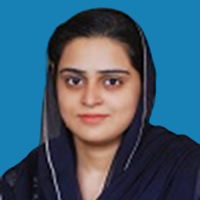
Ms. Ayyesha Kanwal
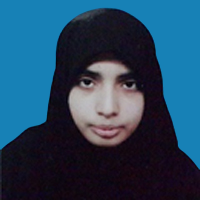
Ms. Zuriat Zahra

Mr. Naeemullah Khan

Dr. Abid Kamran

Dr. Samina Batul

Dr. Dur e Shehwar

Dr. M. Sabeel Khan

Dr. A. Rehman Kashif

Dr. Rashid Ali

Dr. Muhammad Sagheer

Ms. Tehmina Mazhar

Ms. Iqra Kiran

Ms. Asima Munawar

Ms. Anam Mehmood

Ms. Aysha Aneeq
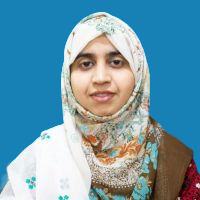
Ms. Irum Noureen

Ms. Uzma Mushtaq

Mr. M. Zeeshan Iltaf

Ms. Sadaf Zeb

Dr. Uzma Rani

Dr. Ishrat Yousaf

Dr. Sabahat Haqqani
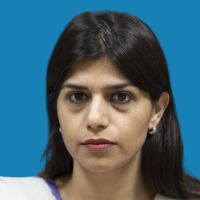
Dr. Anam Tariq

Dr. Zeeshan Ahmed

Dr. Jaleel Ahmed Malik

